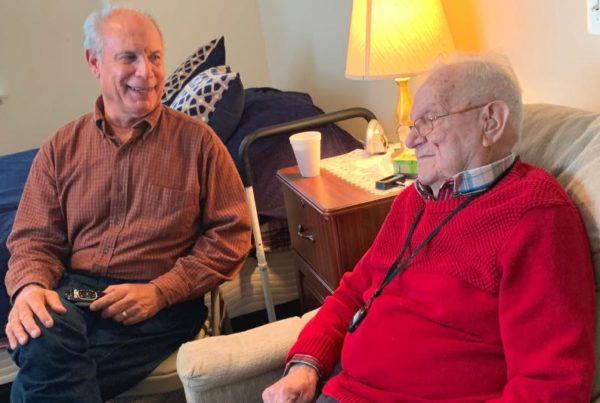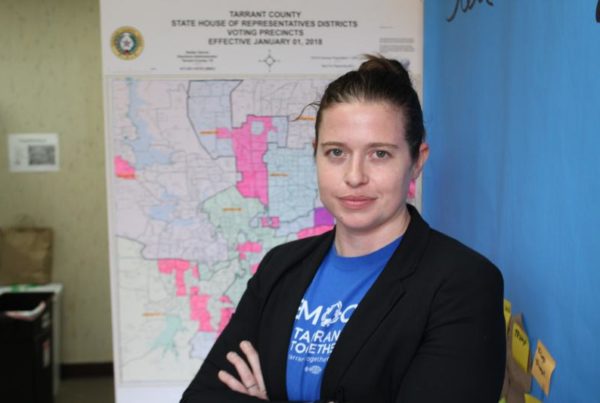Benjamin “Benz” Adriano says he wanted a better life and education for his siblings. That’s why he signed up to work with a contractor who offered him a construction job in America. But when he left the Philippines, his home country, to take that job, the contractor took all of his identifying documents and changed his flight. He ended up working up to 18 hours a day at hotels in various locations, with little food and inadequate housing. He was caught in the cycle of human trafficking.
“Your trafficker would tell you not to talk to anybody,” Adriano says, “[like,] ‘Pretend you don’t speak English, don’t call the police – police is your enemy, police is not going to help you.’”
At one point, Adriano contemplated suicide. But eventually, he decided he would try to flee, instead. He didn’t know anyone in America, and didn’t have access to his residency documentation. But for months, he saved the small amount of tips he got from his hotel job and bought a flight to escape to California where he found work.
Adriano says he doesn’t fit the stereotype of what most people think of as a human-trafficking victim. But there are many more like him, he says.
“I don’t have shackles, but they stripped my freedom, dehumanized [me],” Adriano says. “Not like human beings at all, but an animal to work for them. Who knows how many more people like me there are?”
That’s why he shared his story with the Texas Department of Transportation’s roadside employees so they can spot the signs of human trafficking at highway rest stops and among those subcontracted to help with highway work.
Alex Villarreal Navarro is a TxDOT spokesperson who says most people caught in human trafficking are just looking for work opportunities, much like Andriano did. Many of the contractors who promise those opportunities keep their workers’ pay and their personal documents so they can’t escape.
“They are caught in this vicious cycle of working all day and night, not making enough money and not having the ability to go out on their own and find a better opportunity for themselves,” Navarro says.
According to the TxDOT training, human-trafficking survivors will often be very reluctant to speak with anyone because their trafficker has told them to fear people. So TxDOT gives employees ways to start conversations and ask the right questions. Navarro says anyone with awareness of a potential trafficking case should report it.
“Take notice of the people who are cleaning your room, take notice of the kitchen staff, and just strike up a conversation,” Navarro says. “If it doesn’t seem like they feel like they are allowed to talk to you, if you can, try and ask some probing questions. You might be the reason some get out of this vicious cycle.”
Written by Laura Morales.














